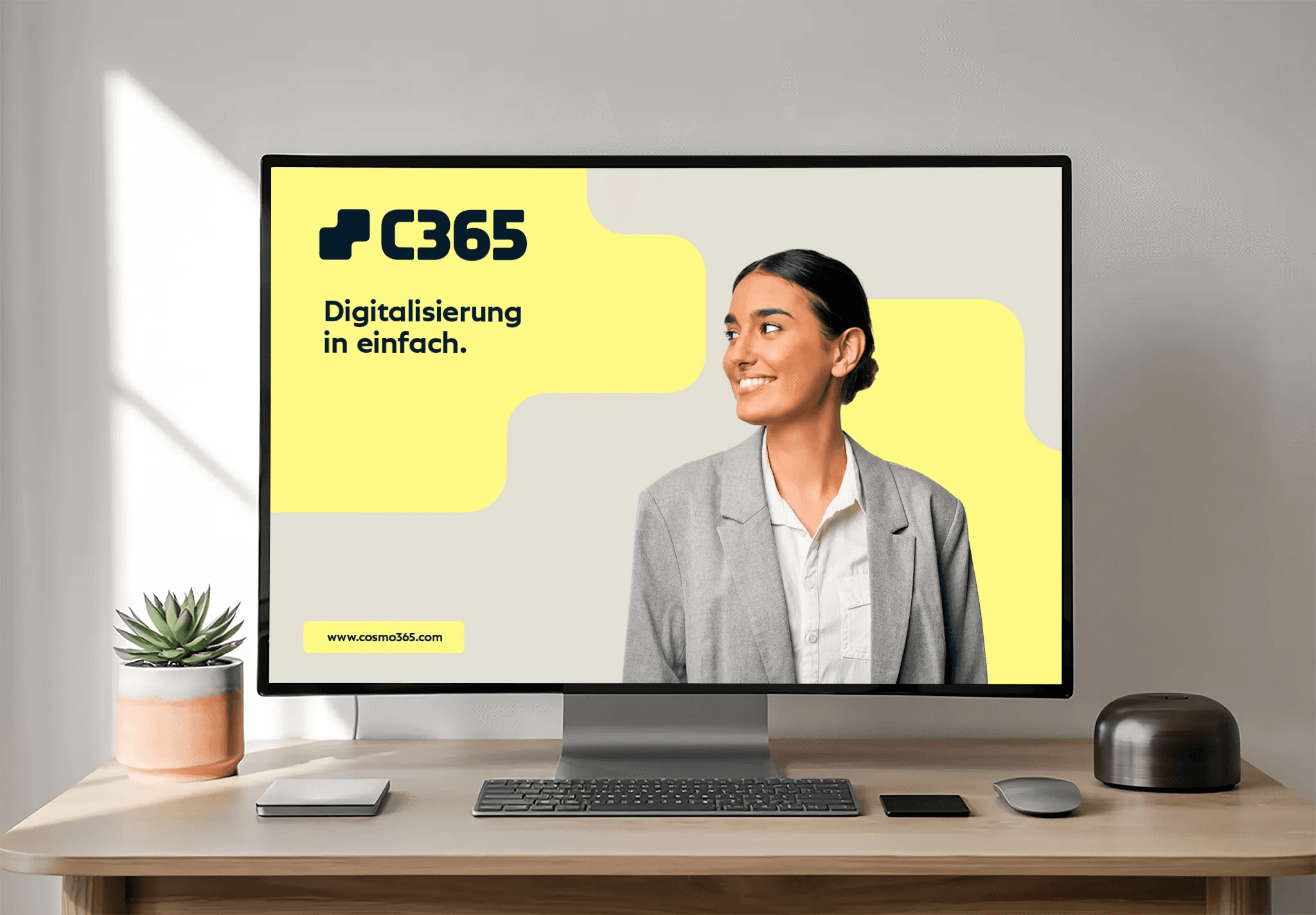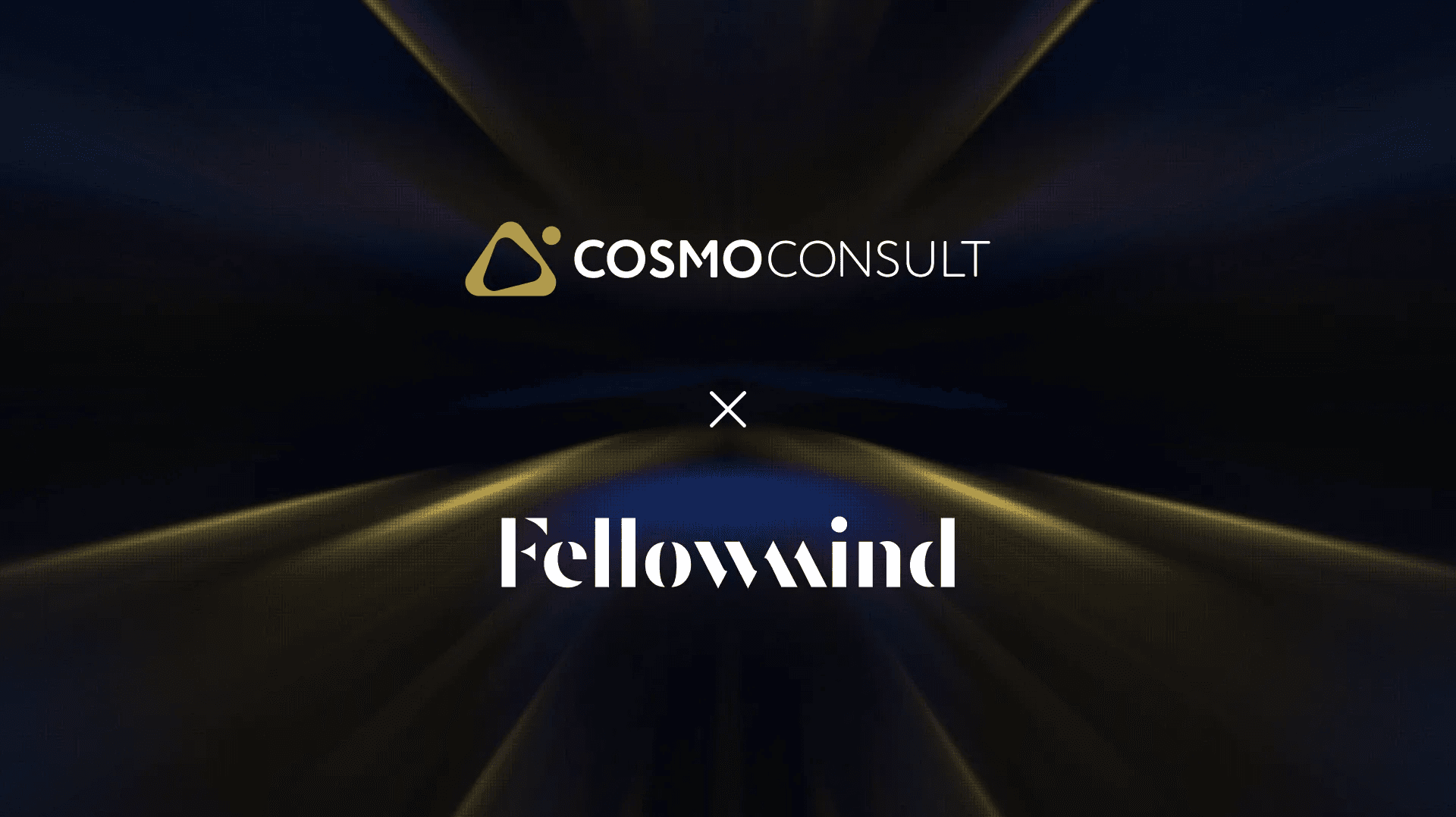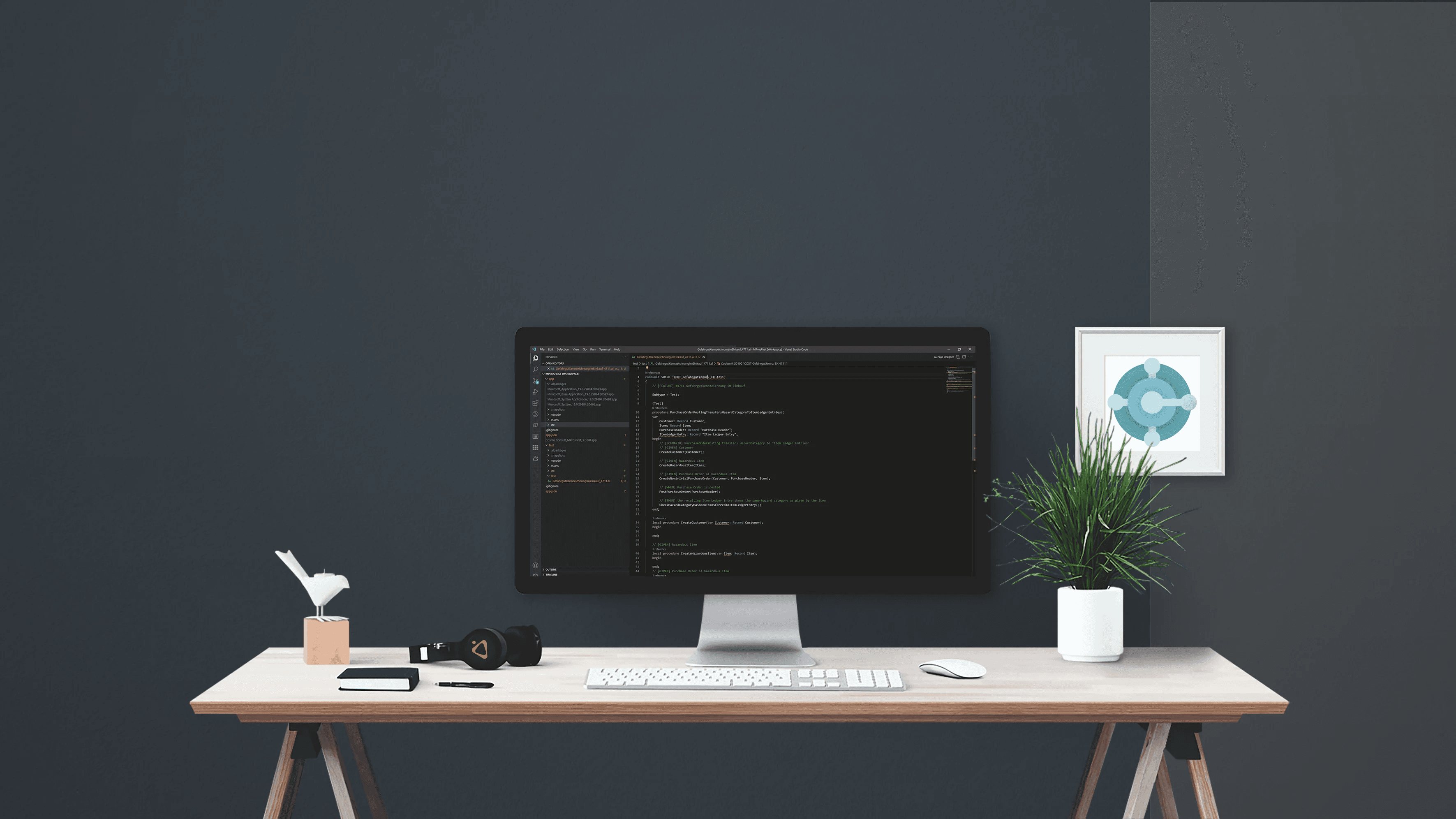
The Internet of Things (IoT) combines software, machines, tools and parts into a highly efficient, maximally flexible overall system. Sensors, web pages and the systems of customers permanently supply information that automatically influences the value creation process: When, for example, a machine sensor reports the need for maintenance, the production process is temporarily transferred to other production lines. Manual interventions are not necessary. Individual components can be replaced at any time without compromising the functionality of the entire system. However, as the number of actuators, sensors, test and monitoring systems grows so does the volume of data. While the ERP system will remain a key component of company IT infrastructure, it is time to think about flanking measures. Solutions that take on part of the data integration and relieve the ERP system are needed. Cloud services are particularly suited for this. This is especially true with regard to the integration of the steadily growing number of external data sources. The cloud is where all information is collected, aggregated, analyzed, processed and delivered.
Taking IoT into account for ERP projects
At the moment, however, real world companies operate in is somewhat different: In most medium-sized companies, the ERP system remains the hub for all important processes and decisions. Many current installations date from the time of the conversion to the euro or even the turn of the millennium. They need to be modernized to take full advantage of the potential of mobile solutions, the Internet of Things (IoT) and cloud services in the future. However, at the same time only a small number of medium-sized companies are joining the digital transformation. In most cases, the ERP system is introduced first and IoT scenarios tested in individual areas of the company later.
However, such a strategy assumes that the IoT strategy has already been taken into account in the selection of the ERP system. Of course IoT changes the selection criteria: The decisive factor is no longer the functional scope, but how the ERP system can be combined with adjacent systems and technologies in a best-of-breed concept - also with solutions from other providers. This brings the technology platform into focus, which ultimately ties everything together: Machines, sensors, business intelligence, document management, collaboration solutions and ERP.
IoT scenarios focus on the overall plan
The technical environment is also crucial to ensure long-term investment security when selecting an ERP system. The question "how can we integrate the ERP system into an IoT plan?" should be clearly answered. However, many ERP vendors are having a hard time doing this: They are sticking to their core business and do not have a recognizable IoT strategy. For them, the ERP software and the platform are one and the same. This assessment is false, because in the Internet of Things every component can be replaced, without compromising the overall plan - this also applies to the ERP software. The situation is more comfortable when the IoT platform and the ERP software come from the same provider - and are implemented from a single company.
This is exactly where COSMO CONSULT comes into play. Against the backdrop of the IoT and “Industry 4.0”, as the trend to automation and data exchange technologies is known in Germany, we have been able to continuously expand our portfolio over the last few years: from the digital workplace, to collaboration and mobile solutions, to sensors for areas such as logistics, manufacturing and maintenance. We thus can cover the entire value chain. The solutions address different scenarios but run on the same platform. This enables us to design and implement digital processes seamlessly. Not within a particular software, but with the best solutions that are available for the particular scenario. In terms of technology, we rely on the cloud platform Microsoft Azure IoT. For our customers, this means: Low implementation costs, maximum flexibility when designing and adapting IoT processes as well as high investment security.
Make use of our experience when it comes to designing and implementing IoT scenarios. Our experts will be happy to advise you on the opportunities of modern technologies. Just call us or send us an e-mail. Then can we discuss how your company benefits from Industry 4.0.
More similar news articles
Found what you were looking for?
Start your intelligent search now






